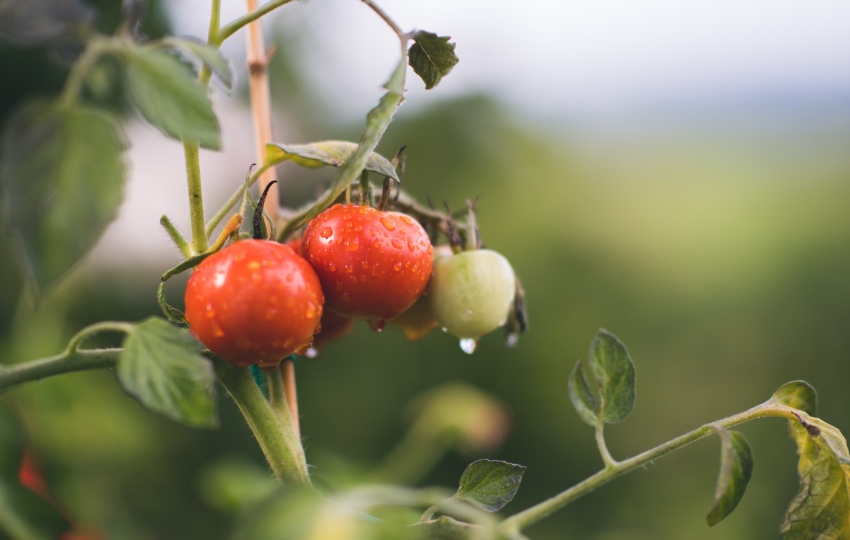Organic products are often appraised for their benefits to health and the environment. There is a lot of hype around organic and not wrongly so. But when it comes to farming and producing organic food, you should be aware that it also requires a lot of effort to deal with. the many challenges of organic farming.
However, young and farmers interested in joining the organic farming bandwagon should not be deterred from it. Instead, they should be aware of them in order to make an informed choice and be better prepared to deal with those challenges.
So, what are the main problems of organic agriculture? Let’s find out.
The Challenges of Organic Farming that Farmers Have to Deal With
1. Time is Critical
One of the main problems of organic farming is that of timing. This does not concern all cases, but generally, organic produce and meats require efficient supply chains to reach the market quicker.
The main difference between organic from conventional farming methods is using fewer chemicals throughout food production. But despite the obvious health benefits, organic products are generally more susceptible to decay for various reasons. From temperature fluctuations during transportation and generally less forgiving shelf life, organic products need to be consumed sooner to ensure food safety and appeal.
2. Pests Want your Organic Products too
Another critical challenge of organic farming is that of pest infestations that are as old as farming itself. Pests such as rodents or insects, if not controlled, are responsible for the destruction of crops. For that reason, humans have been using chemicals known as pesticides to deal with them effectively for a long time now. However, as many of those chemicals are not of natural origin and are toxic to the environment, they are not allowed in organic farming.
As a result, organic producers have to find alternative and effective ways to deal with pests. Even though pesticides are banned from organic farming, there are still some pesticides from natural ingredients that organic farmers can still use. Other ways to dealing with pests include diversified crops, employing traps, mating disruption, or the use of birds and other insects.
3. It is Harder to Market Organic Products
As mentioned above, in organic agriculture it is important that products reach the market quickly in order to remain fresh and nutritious. However, living in a culture where commuting long distances and online ordering is the norm, organic produce is at a disadvantage.
For this reason, organic farmers need to find local channels of distributing their products that may not always be possible. Alternatively, farmers should invest in top-quality climate control vehicles to allow longer transportation. That way, organic products can reach distant markets where demand is high.
4. Limited Supply of Organic Food
One final challenge of organic farming is that production yields are lower compared to conventionally grown food. In addition to lower production, mainly due to not using industrial fertilizers, herbicides and pesticides, organic agriculture also requires more land to meet the previous production levels.
To deal with it, farmers should do their homework and plan ahead for their crops. They need to make sure that a specific variety or type of crop is suitable for the area and to make sure that what they cultivate is always in season.
The support of EU Project ROSE: Rural Organic Sustainable Enterprise
The ROSE European Project is a collaboration of 4 project partners coming from a respective number of European countries. This project wants to promote organic agriculture and to help farmers deal with the challenges of organic farming to create sustainable organic enterprises.
iED is a reliable EU project partner with vast experience in Sustainability EU projects and projects promoting Organic and sustainable farming practices. If you are interested to become our partner, make sure to drop us a line.

